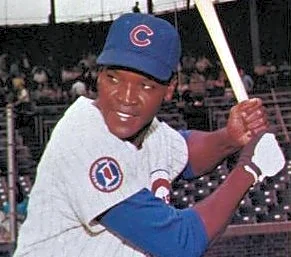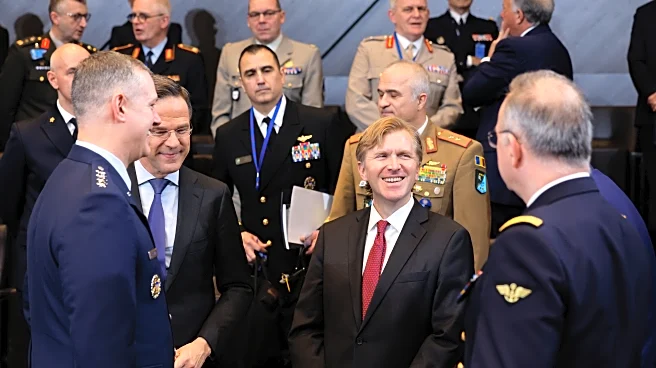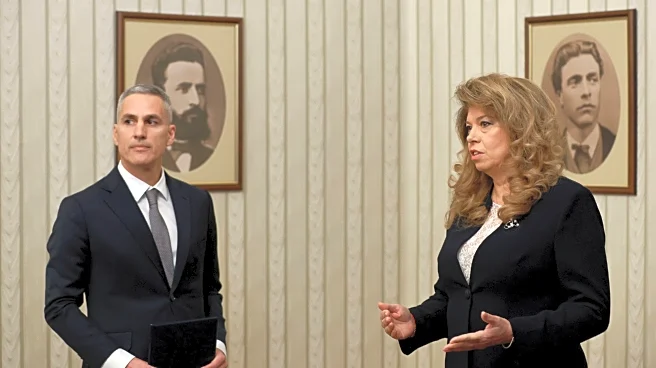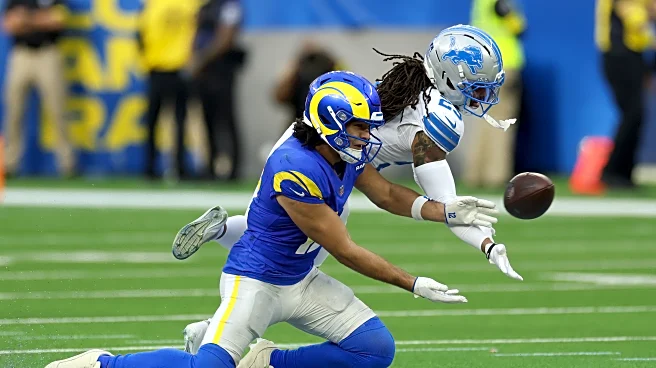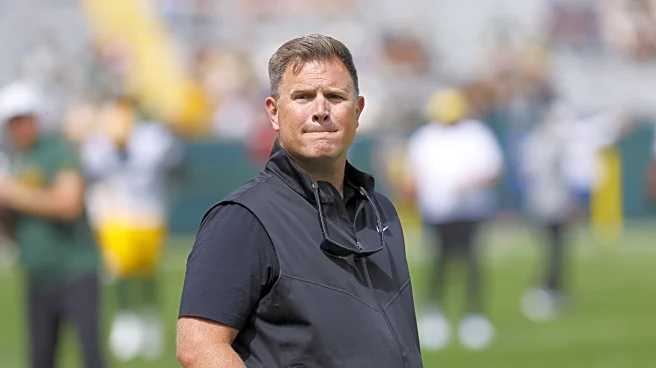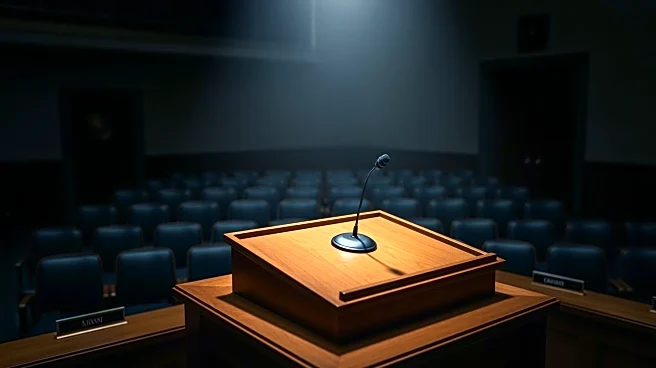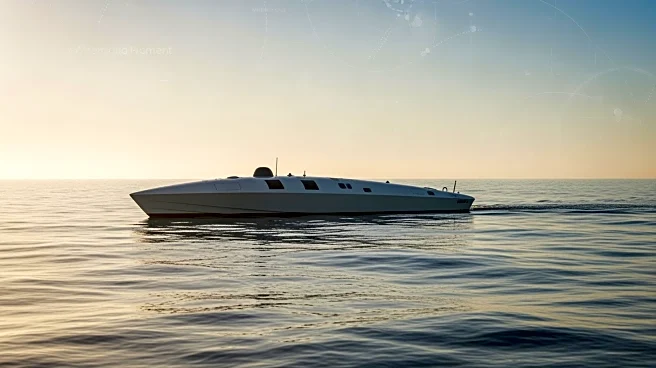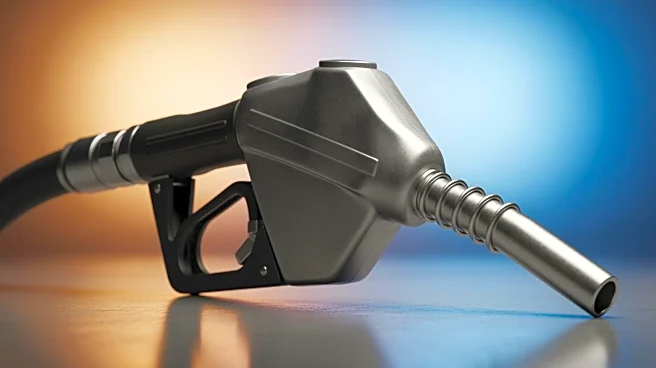A version of this story originally ran April 8, 2019, the 50th anniversary of this historic event. I repost it here as part of this walkoff wins series, with some minor edits and a few notes on Willie
Smith’s career.
To understand the true meaning of Willie Smith’s walkoff two-run homer on April 8, 1969, a little background is needed.
The Cubs had gone into a two-decade slumber after 1946. From 1947-66 — 20 full seasons — they had finished over .500 just once (1963) and lost 90 or more games 11 times.
Then, suddenly, in 1967 they awoke and went into first place briefly in July before fading and finishing third. Still, the 87-74 record they posted that year was their best since 1946 and with young stars Billy Williams, Ron Santo and Fergie Jenkins, there was much hope for the future.
In 1968 the Cubs got off to a bad start. On July 5 they lost 4-0 to the Pirates and were 35-45, in ninth place, 15.5 games out of first. It seemed, as in the words of Jackson Browne, that 1967 had been “only the fitful dreams of some greater awakening.”
That “greater awakening” began in the last half of 1968. From July 6, 1968 through the end of the season the Cubs went 49-33, the best record in the National League. They finished over .500 at 84-78, in third place. Until 2023, that was the only Cubs team to be 10 games under .500 and finish that year with a winning record. (The ’23 Cubs were 26-36 before finishing 83-79, though that team collapsed in September.) The Cubs finished with winning records in 1967 and 1968, the first time they had back-to-back winning seasons in 22 years.
Thus hopes were high for the Cubs contending in 1969, even though the Cardinals had won consecutive National League pennants.
In that era, more than half the Wrigley Field seats (3,300 bleachers and 22,000 grandstand) were sold only on the day of the game. The Tribune reported that several thousand were in line by 8 a.m. on Opening Day, April 8, to buy these tickets, and the eventual announced attendance (and remember, in 1969 it was actual turnstile count, not just tickets sold) of 40,796 was the largest Opening Day crowd since 1946 and only the third 40,000+ crowd at Wrigley since 1952. And remember, the capacity of Wrigley Field in 1969 was only about 38,000.
It was a cloudy day, with a fairly mild game-time temperature of 65, and rain in the forecast. Fergie Jenkins immediately gave the Phillies a 1-0 lead before the Cubs could even bat, but Cubs hitters came back in the bottom of the first with three, courtesy of a three-run homer by Ernie Banks. It was the Cubs star’s 475th career home run, which tied him with Stan Musial on the all-time home run list. Ernie passed Musial two innings later with a two-run shot, his 476th, giving the Cubs a 5-1 lead.
Phillies rookie Don Money, playing just his fifth MLB game, homered off Jenkins in the seventh to make it 5-2, and a tiring Fergie gave up singles leading off the ninth to Johnny Callison and Cookie Rojas. Now, these days a manager would come and get his starter in that situation, or not even let him begin the ninth, but that was not how baseball worked in 1969, and not how Leo Durocher operated.
Up stepped Money, and out went another baseball, a three-run homer that tied the game 5-5.
Phil Regan came on and ended the frame. No one scored in the 10th, and again, Leo left his pitcher in too long. In the 11th, Callison singled and was sacrificed to second, where Money doubled him in.
Don Money went on to have a 16-year major-league career, mostly with the Brewers, and had nearly 7,000 plate appearances. At the time he was a 22-year-old rookie playing in his fifth major-league game. He had only four other five-RBI games the rest of his career.
So the Cubs trailed 6-5 going into the bottom of the 11th and most Cubs fans could have been forgiven if they had thought, “Here we go again.”
With one out in the 11th, Randy Hundley singled. And up stepped Willie Smith, pinch-hitting for Jim Hickman:
It is not an exaggeration to say that Smith’s blast changed the way Cubs fans viewed the franchise. Most Cubs fans over the previous 20 years were used to disappointment and loss and would never have expected this sort of thing to happen on Opening Day, and also bring the team from a 6-5 deficit to a win in an instant. The Cubs had won only one home opener since 1959 (in 1967), so even that was new and different to many fans.
Every Cubs fan knows how the 1969 season ended, not well, and we don’t need to re-hash it here. That home run, hit more than 55 years ago, is still an indelible memory in Cubs history.
Willie Smith was an interesting player. Originally signed by the Tigers, he both pitched and played the outfield for them, as well as for the Angels, where he was traded in 1964. Truth be told, he wasn’t bad at the two-way thing. He wasn’t on the level of Shohei Ohtani, but Smith batted .297/.313/.458 with 11 home runs in 135 games combined in 1963-64, and posted a 3.54 ERA in 53.1 innings pitched in 26 games (three starts) over those two seasons. He’d give up pitching for a few years, eventually traded to Cleveland, and wound up as a Cub in June 1968, acquired for Lou Johnson. The Cubs used him as a pitcher just once, Aug. 27, 1968 against the Giants. He threw 2.2 scoreless innings. Contemporary sources are unclear as to why he pitched in that game and never before or again.
Smith became a part-time outfielder and pinch-hitter for the next couple of years, batting .300/.420/.575 as a PH in 1969 (12-for-40) with three home runs, and he added two more pinch homers in 1970 for the Cubs before he was traded to the Reds.
